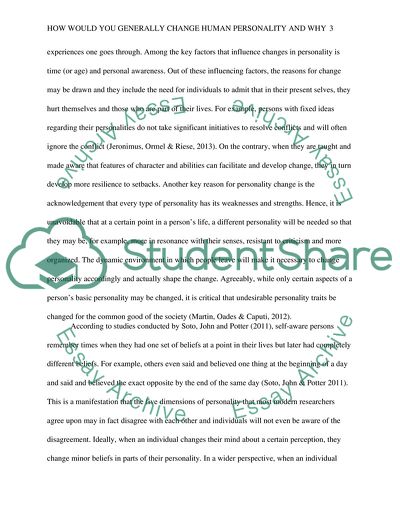Cite this document
(How Would You Generally Change Human Personality and Why Essay Example | Topics and Well Written Essays - 1500 words, n.d.)
How Would You Generally Change Human Personality and Why Essay Example | Topics and Well Written Essays - 1500 words. https://studentshare.org/psychology/1867679-how-would-you-generally-change-human-personality-and-why
How Would You Generally Change Human Personality and Why Essay Example | Topics and Well Written Essays - 1500 words. https://studentshare.org/psychology/1867679-how-would-you-generally-change-human-personality-and-why
(How Would You Generally Change Human Personality and Why Essay Example | Topics and Well Written Essays - 1500 Words)
How Would You Generally Change Human Personality and Why Essay Example | Topics and Well Written Essays - 1500 Words. https://studentshare.org/psychology/1867679-how-would-you-generally-change-human-personality-and-why.
How Would You Generally Change Human Personality and Why Essay Example | Topics and Well Written Essays - 1500 Words. https://studentshare.org/psychology/1867679-how-would-you-generally-change-human-personality-and-why.
“How Would You Generally Change Human Personality and Why Essay Example | Topics and Well Written Essays - 1500 Words”. https://studentshare.org/psychology/1867679-how-would-you-generally-change-human-personality-and-why.


